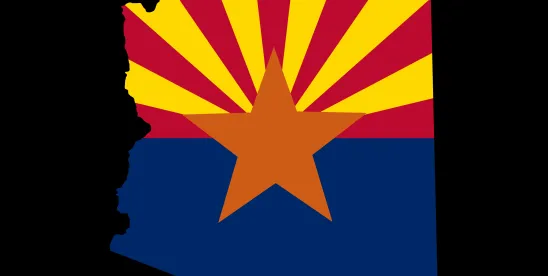Hi again TCPAWorld! Last week, on May 21, 2024, the Arizona Legislature has passed an interesting piece of legislation, House Bill 2394. To no surprise, this bill is akin to the ones in New Mexico, Alabama, and Alaska. This act is aimed at tackling the issue of digital impersonation in the realms of politics and beyond. So, if you are a political candidate on any ballot in the state of Arizona or a citizen of the great state of Arizona, you can get injunctive relief against a person that publishes a digital impersonation 1) without your consent 2) where the publisher either failed to make it clear that the image or recording was a digital impersonation or that it wasn’t obvious to a reasonable person that the media was manipulated. The law focuses solely on digital content that has been manipulated to convincingly replace one person’s likeness or voice with that of another using advanced artificial intelligence techniques.
“Digital impersonation” as used in the statute means “synthetic media, typically video, audio or still image, that meets all of the following requirements: (a) has been digitally manipulated to convincingly replace one person’s likeness or voice with that of another using deep generative methods and artificial intelligence techniques, or for which one person’s likeness or voice has otherwise been simulated using deep generative methods and artificial intelligence techniques; (b) was created with the intention to deceive or lead reasonable listeners or viewers into believing that the content is authentic; (c) would lead reasonable viewers or listeners to believe that it is a true and accurate depiction of the impersonated person’s voice or likeness and is something the impersonated person said or did.”
The Act allows any person impersonated digitally to bring an action within two years from the date they become aware of the impersonation.
Additionally, if the impersonation is part of a paid advertisement, only the originator or sponsor of the ad can be held liable.
Like Alaska, the law explicitly states that providers of interactive computer services are not liable for hosting or transmitting impersonated content created by others, safeguarding platforms from undue legal burdens – focusing on the creators and distributors of such content.
Victims can seek both preliminary and permanent declaratory relief – meaning the court can make an immediate ruling to prevent further damage from ongoing impersonations. The bill mandates that the court must decide on motions for preliminary declaratory relief within two days, excluding weekends and holidays.
Preliminary declaratory relief can be granted if the impersonation could cause significant personal or financial hardship, loss of employment opportunities, or irreparable harm to reputation.
For cases involving impersonations of a sexual nature or depicting criminal behavior, the law allows victims to seek injunctive relief and damages if the plaintiff is not a public figure AND “the publication was made with actual knowledge that the recording or image was a digital impersonation or the publisher failed to take responsible corrective action within 21 days after the publisher had actual knowledge that the recording or image was a digital impersonation.
The standard of proof required for actions under this bill is clear and convincing evidence for preliminary actions and a preponderance of evidence for permanent relief.
Note that this legislation was deemed to be taken as an emergency measure, so it is already effective. Emergency legislation in Arizona becomes effective upon being signed by the governor.




 />i
/>i

